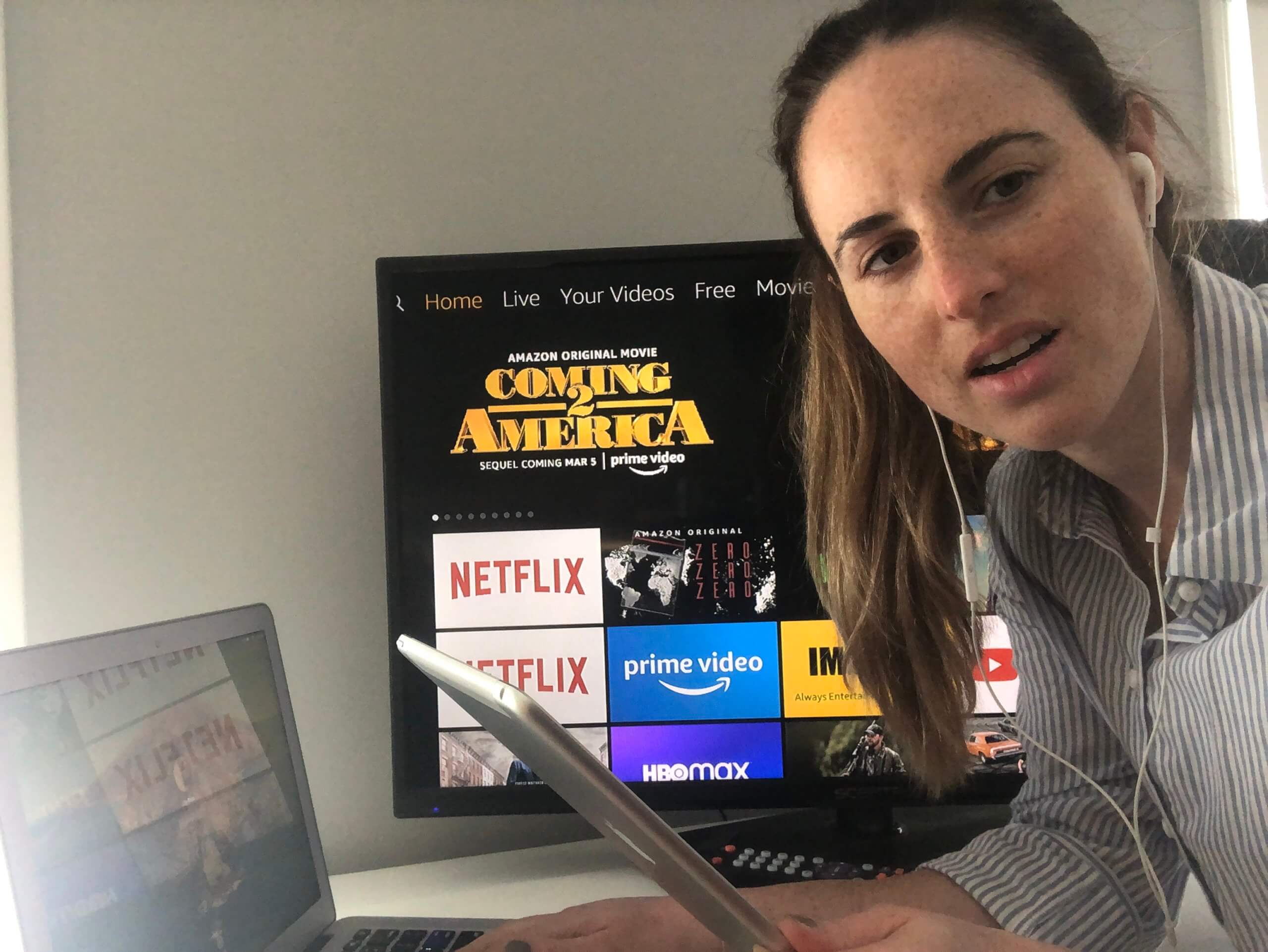Someone once asked me the age-old question: “If you were stranded on a deserted island, what is the one thing you would take?” For me, the answer was simple: my phone.
While a phone may not seem like a necessity on a deserted island, our technology-driven society indicates otherwise. Our mobile devices have become essential in our way of life. We can never miss a beat, with on-demand access to work emails, the latest trends, life updates from our closest friends, and the capability to purchase almost anything from our phones.
We saw this more than ever as COVID-19 plagued the world. The mandated isolation and distance created by the pandemic certainly gave us a glimpse into what life on a deserted island may feel like.
However, as much as we rely on technology to support our day-to-day lives, there are definite benefits to consider in being without it.
Recently, one of my colleagues documented the financial benefits of unplugging in a video where she shared her experience going device-less for a weekend, along with how much money she saved by doing so. This challenge led me to explore some additional benefits.
I found that just as your body can benefit from an occasional detox of the unhealthy things we ingest, the same applies to mobile technology usage. Shared in an article by Verywell Mind are a few benefits of unplugging from technology:
Better work-life balance
Turning off your phone can help create a clear boundary for when work ends and life beyond your desk begins. Take time to reconnect with yourself by unplugging from all work-related technology and activity.
Reduced stress
While immediate and continuous consumption may seem harmless, our brain and body could use a mental break from processing information nonstop.
Improved sleep quality
In-bed phone use has been linked to issues with sleep quality and anxiety. Also, heavy blue light exposure before bed can be damaging to your retinas. The National Sleep Foundation suggests cutting off your screens at least 30 minutes before going to sleep.
Reduced feelings of missing out (FOMO)
Surprisingly, we likely feel like we’re missing out more when we know what we might be missing out on. A break from social media and a consistent flow of communication may help establish an element of perspective and allow room to be in the moment without being otherwise distracted by FOMO.
More positive thinking
Take a digital inventory, weigh out the negative versus positive information that you consume daily through your devices. You might be surprised to realize how much it can put a damper on your mood.
Improved overall mental health
Disconnecting or unplugging calls for more time to be present. It is time to appreciate your surroundings, focus on the things you love or the people and community around you in a personal way rather than a digital one.
The next time you think you can’t be without your phone, remember why it may be a good idea from time to time.
TC120095(0321)3

